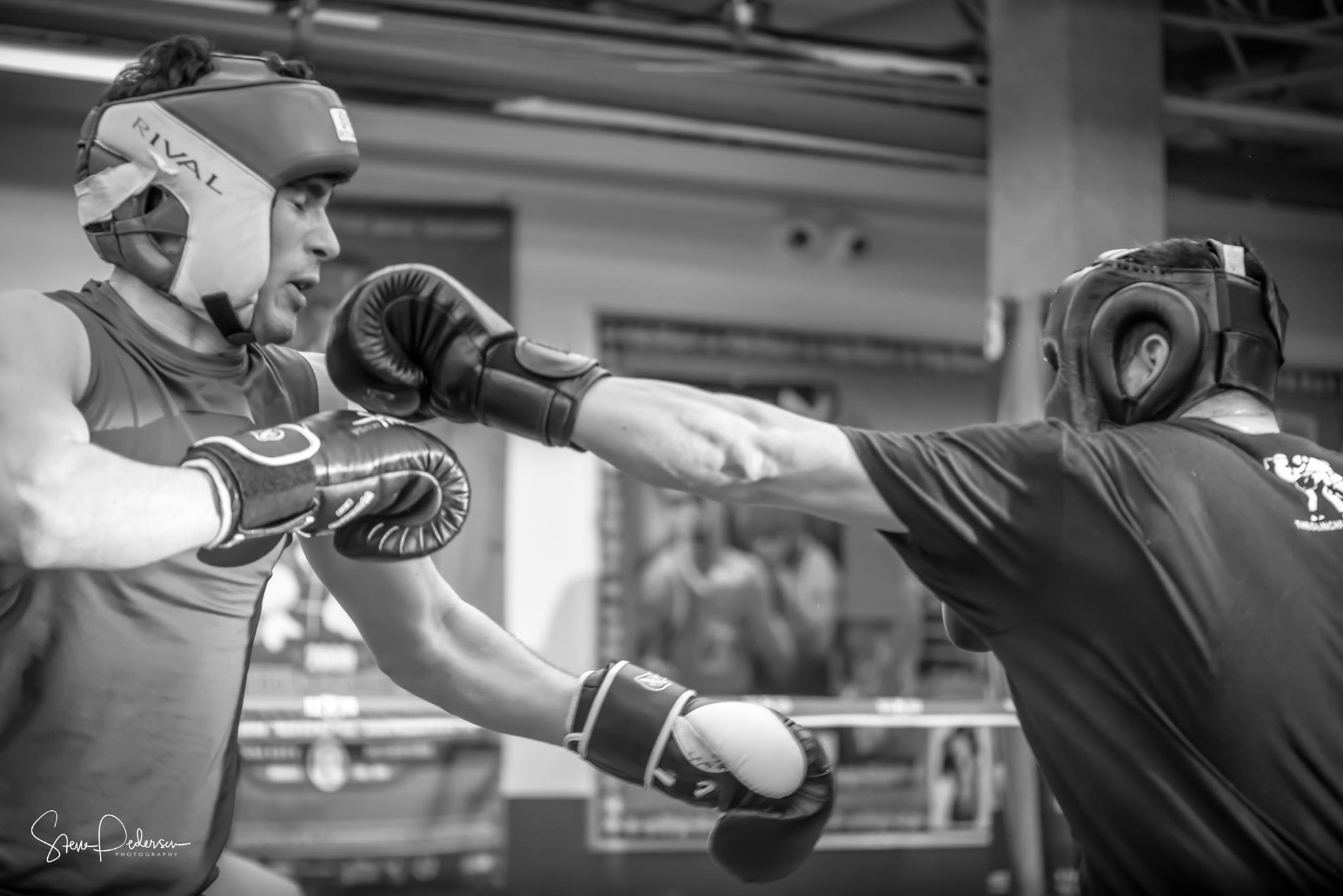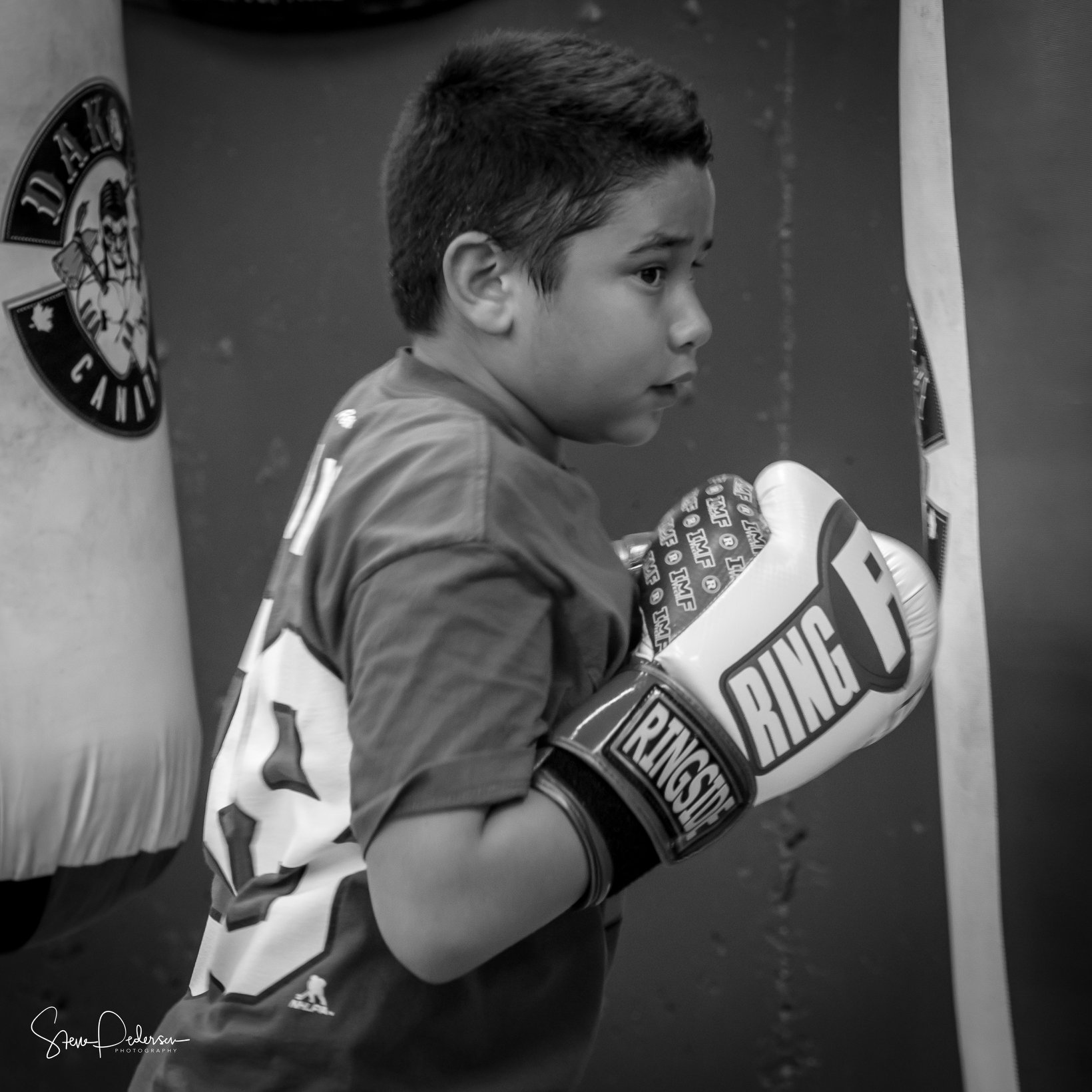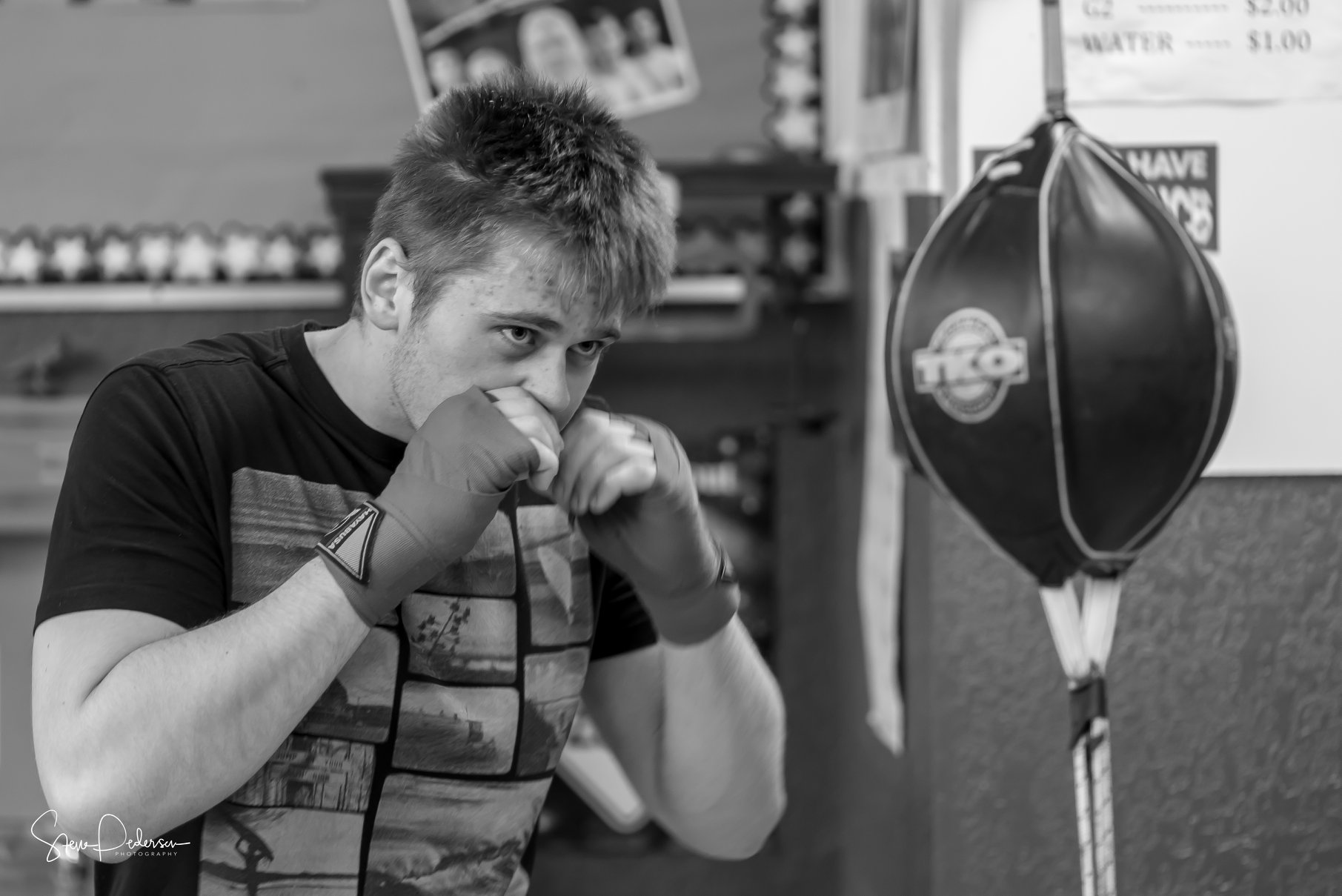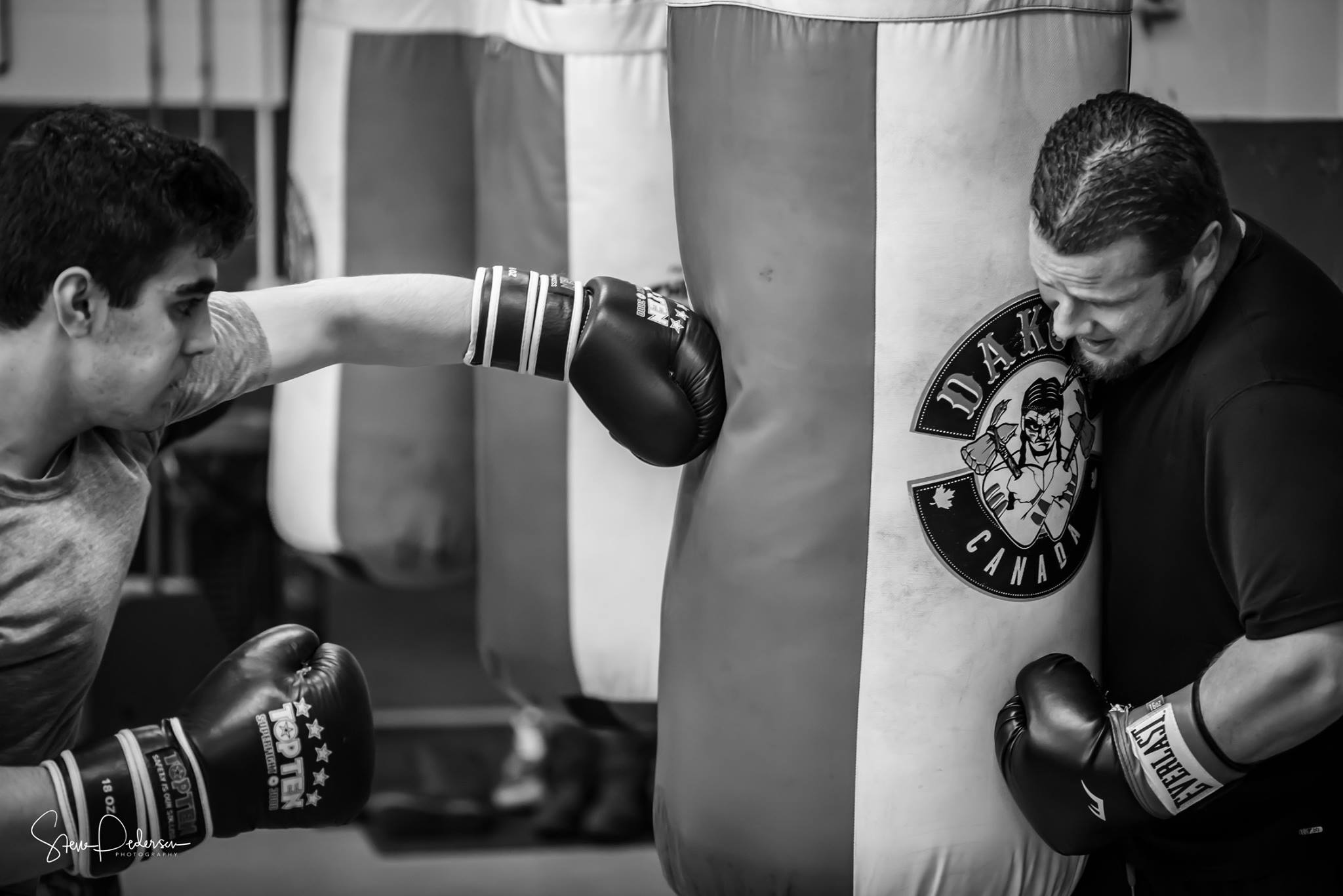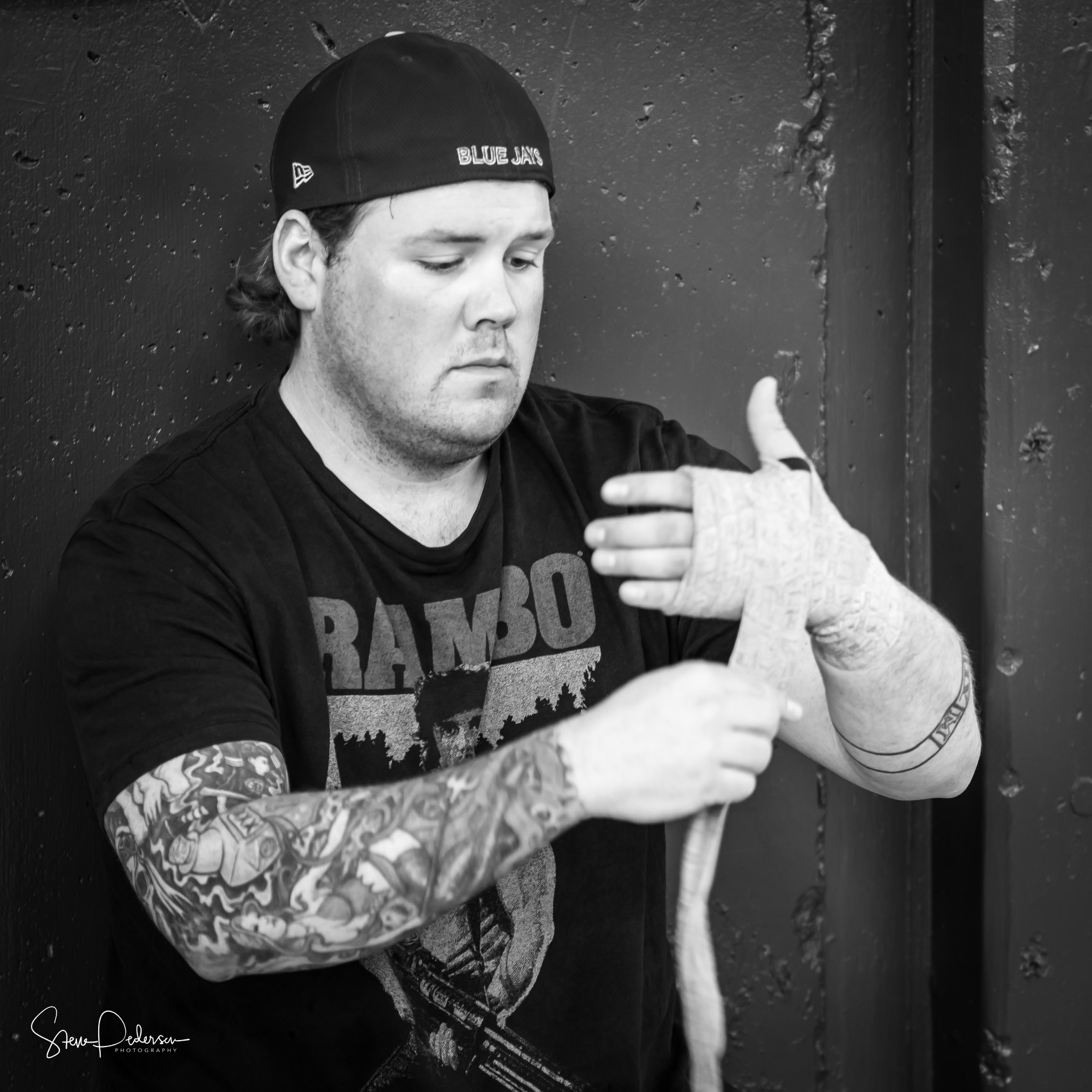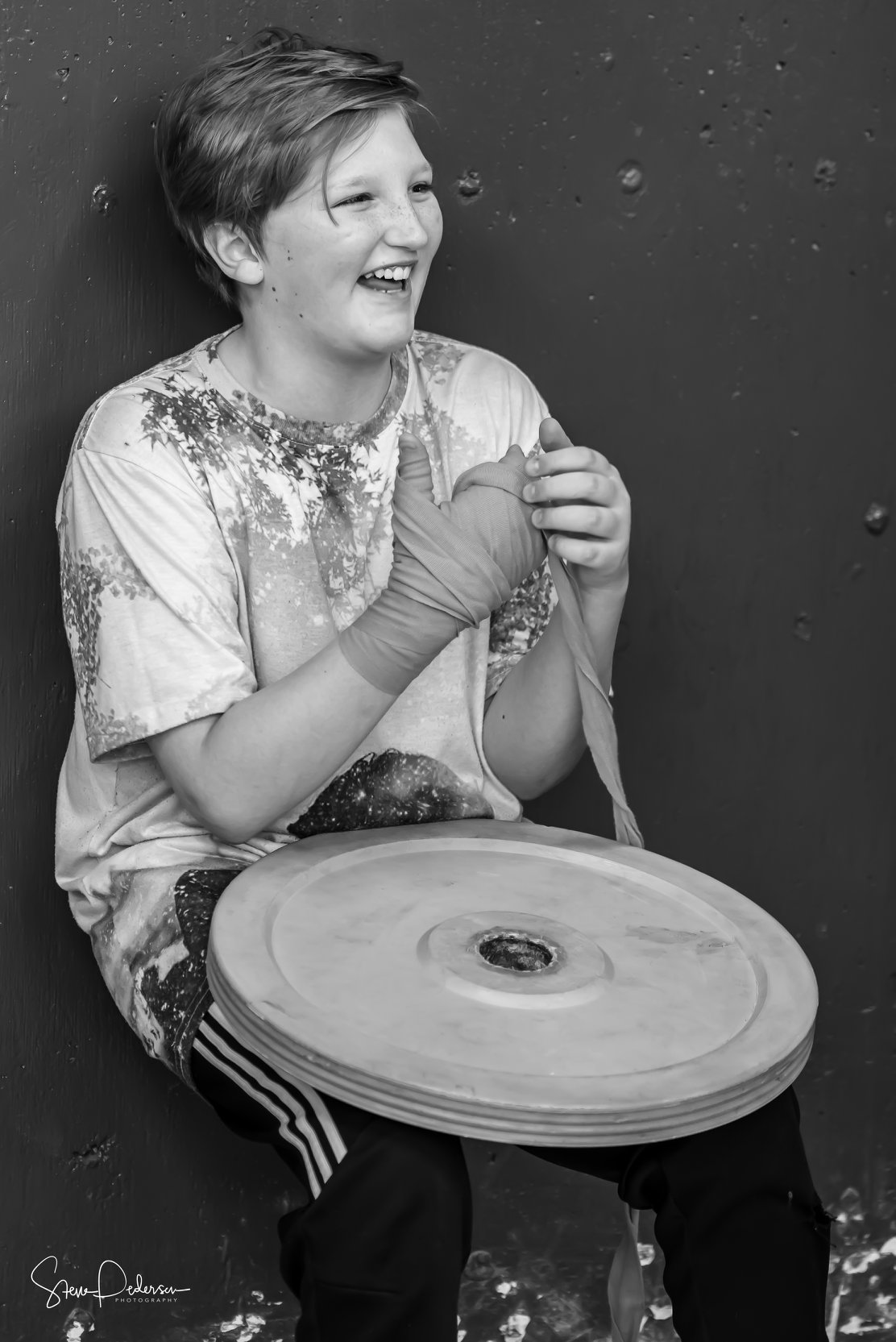The Southside Amateur Boxing Club
BOXING is…
The art of hitting your opponent at the furthest distance away exposing the least part of your body while setting up the next punch with speed and velocity and not getting hit.
-K. Weldon
Mission Statement
Provide opportunity for youth in Edmonton to safely participate in the sport of Amateur Boxing.
Hours
6 pm – 8 pm Mondays
6 pm – 8 pm Wednesdays
6 pm – 8 pm Thursdays
Basic Club Information
Established in 1946
Formerly known as South Side Legion Boxing Club
Incorporated Under Societies Act 1997
Volunteer operated
Ages 14 years upwards
Competitive or non-competitive options
Open Monday, Wednesday and Thursday evenings 6 to 8 pm
All coaches involved with National Coaches Certification Program
Gender equity
Emphasis on life skills
No drug users or alcohol abusers
All athletes treated equally. No cliques
Zero tolerance regarding offensive language or any form of harassment
Registration fees include provincial & national associations
Requires commitment of athlete to session attendance: no part-timers
Requires strict adherence to coach direction.
This is a club where everyone gets along with each other
Once you enter the club door what goes on outside is forgotten for 2 hours. No egos, apathy or attitude. Come in to train, work hard and have fun.
Major revenues via Casino every two years
Sparring
How to Become a Boxer
The first couple of gym sessions are a basic introduction into the SSABC workout. After the basic introduction the athlete then follows the same workout as everyone else, whether they have been attending 4 weeks or 4 years. The only difference for beginners is that they will not spar until they learn how to box effectively.
Boxing is an individual sport and each athlete progresses at their individual pace. There are no tests or grading programs. Usually a dedicated athlete will be allowed to spar after 3 months of hard training. Once a technique is taught the athlete must work on perfecting it on his/her own. Personal discipline during gym training and off day running will result in rapid progress. The coaches will advise athletes on how to perform road work.
The athlete will be allowed to spar when they:
Learn the basic punches
Learn effective defence
Spend many rounds with the coaches using blocker pads
Obtain medical clearance
Training to be able to spar consists of the following steps:
Throwing punches at an opponent who is only blocking (no punching back)
Blocking opponent punches but not punching back
Entering the ring and throwing touch only punches (no power)
At SSABC all sparring is technical with speed, endurance and accuracy paramount to great boxing. We do not use power punching to inflict pain and damage to each other. This is strictly forbidden.
Competition
When the coaches and head coach decide an athlete has trained to the required physical fitness, skill level and experience to have a 50-50 chance of winning their first bout, they will inform the athlete that they can compete. This can take up to 6 months of rigorous training. The athlete must decide whether they want to compete. Athlete under 18 years of age must have parental permission to compete.
The coaches will then match the athlete to an appropriate age and weight level. More importantly, coaches will ensure the opponent has the same competitive experience. Usually 0 or 1 bouts, but this depends on each situation.
If the athlete does not wish to compete then they can continue training as usual but you must keep sparring with boxers selected for them by the coaches.
It is commonly known in boxing circles that sparring in your own gym is harder on new athletes than competition.
Equipment
Basic equipment needed to start:
hand wraps
single mouth guard
running shoes, shorts and t-shirt
If you decide to compete:
boxing shoes
personal headgear
hand wraps, gloves, headgear - available for purchase at the gym
Fundraising
Parents of minors and athletes over 18 will be asked to do a shift at the club allocated casino once every 2 years. This is how the club gets its operating funds. There are no other fundraising activities. When athletes travel to competitions the club pays transportation, accommodation and food. Refusing to work a casino will result in an athlete having to pay these costs.

